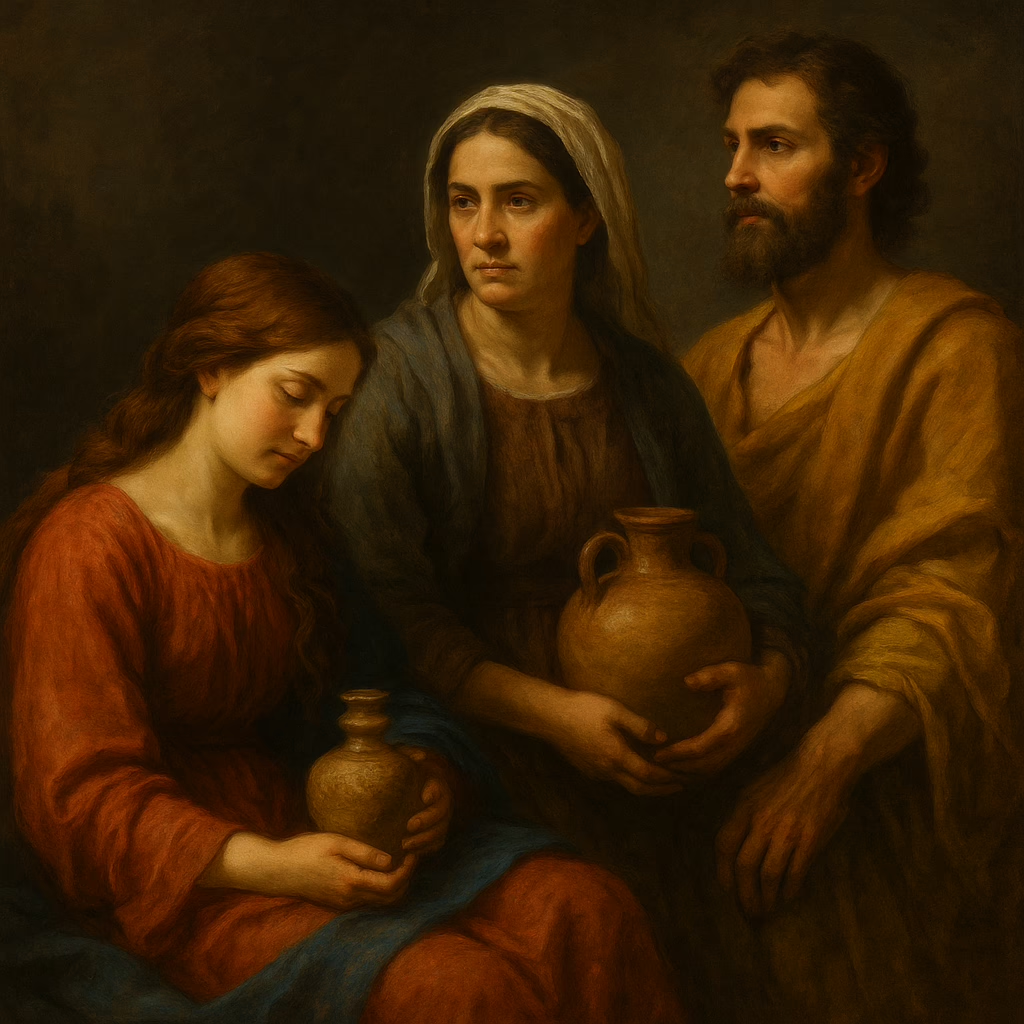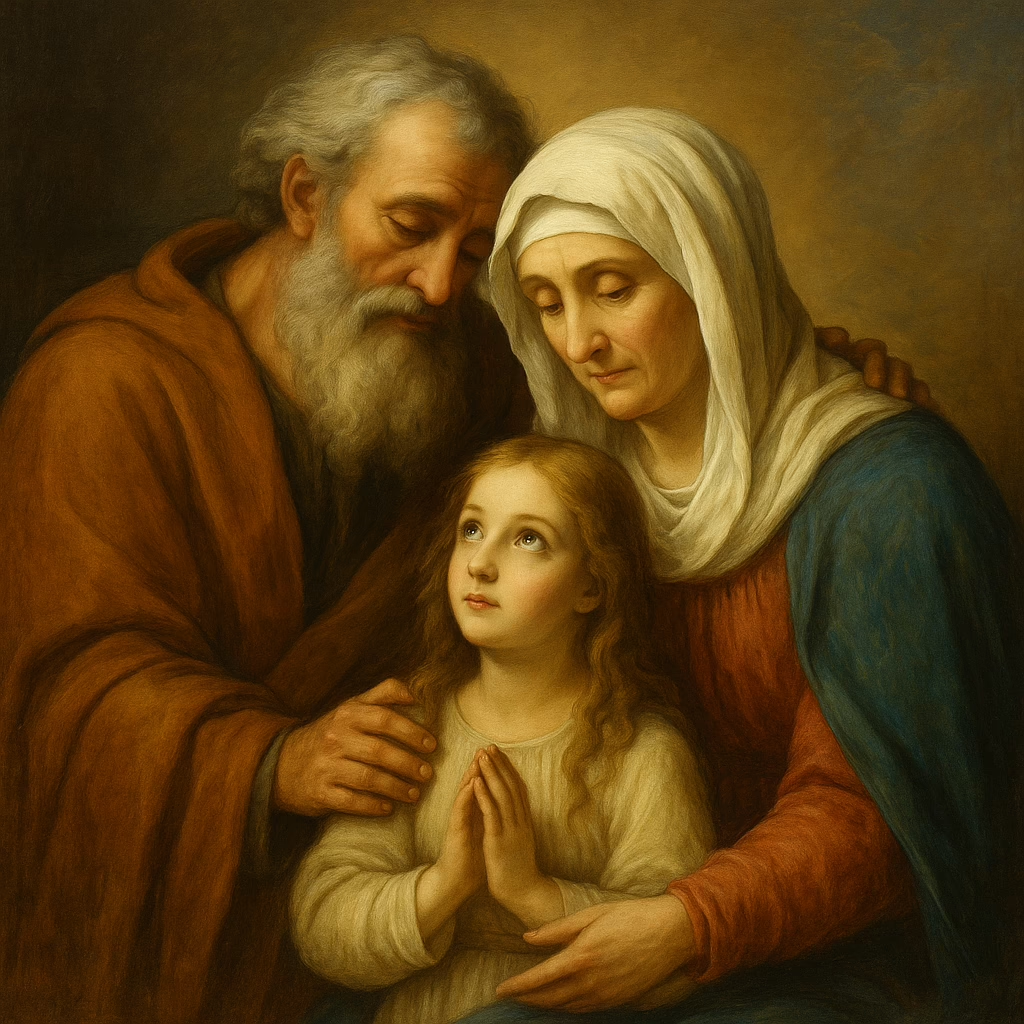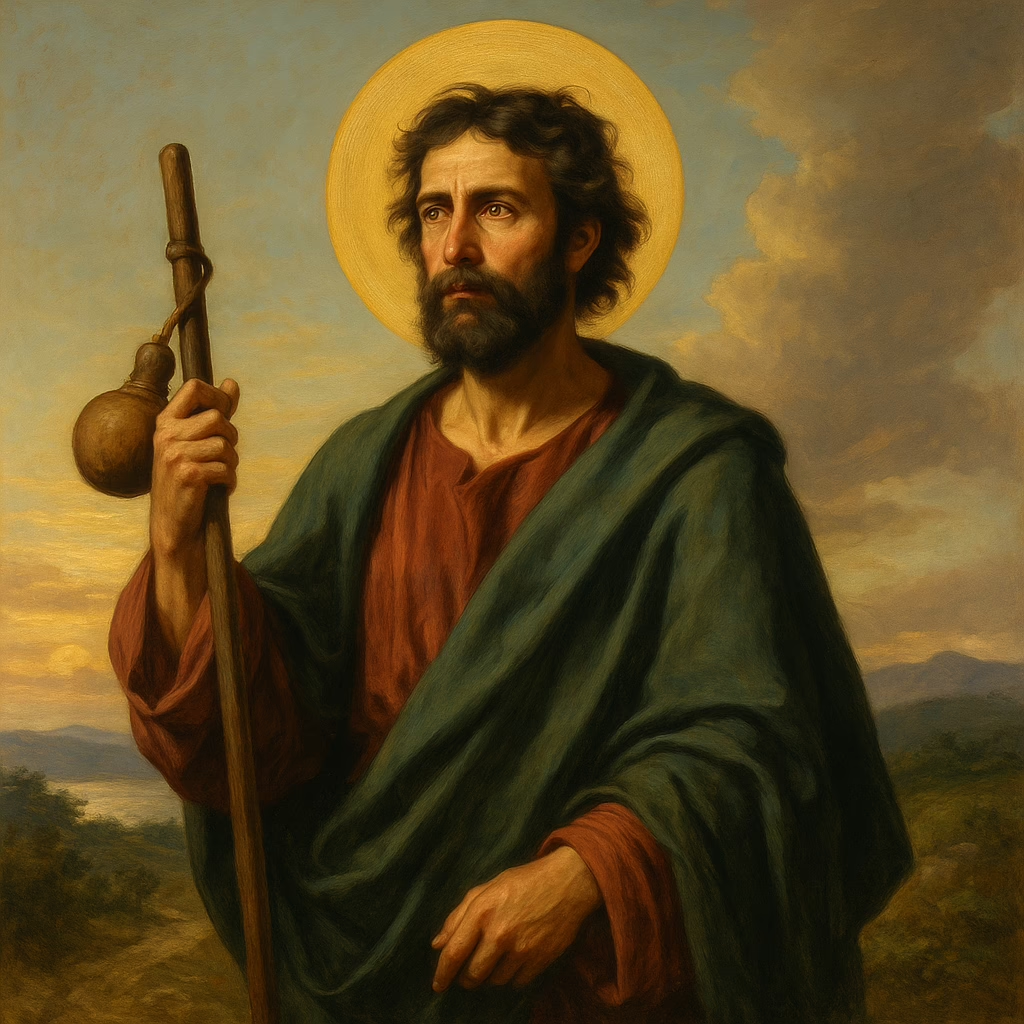The Significance of Catholic Pilgrimages: Addressing Protestant Objections
Introduction: Exploring the Spiritual Depth of Catholic Pilgrimages
Embark on a journey beyond the physical to uncover the rich tradition and spiritual essence of Catholic pilgrimages. These profound journeys stretch back through the corridors of history, weaving their significance into the very fabric of Catholic faith. Pilgrimages are not merely trips but sacred voyages deeply embedded in tradition, enriching one's spiritual journey and communal experience.
1. Objection: Pilgrimages Are Unnecessary Since Believers Have Direct Access to God
1.1 Protestant Argument: Relying on Direct Access to God
- Protestant objections arise from the belief that Scripture offers believers direct access to God without intermediaries, a concept supported by Hebrews 4:16: "Let us then with confidence draw near to the throne of grace, that we may receive mercy and find grace to help in time of need."
- This perspective challenges the necessity of physical journeys, asserting that sacred sites do not contribute to spiritual growth.
- Concerns also focus on potential idolatry, where attention may be diverted from true faith to the physical elements of a pilgrimage.
1.2 Catholic Response: Embracing the Spiritual Depth of Pilgrimages
- Catholic teaching embraces pilgrimages as symbolic embodiments of internal spiritual quests, transforming believers’ hearts through physical acts of devotion.
- The communal and penitential aspects are significant in Catholic tradition, fostering a deeper bond amongst pilgrims and enhancing one's spiritual journey through shared experiences.
- The Catechism of the Catholic Church succinctly states in CCC 2691: "Pilgrimages evoke our earthly journey toward heaven and are traditionally very special occasions for renewal in prayer."
1.3 Supporting Evidence
-
Church Fathers like St. Jerome and St. Augustine offer profound insights into the spiritual benefits of pilgrimages.
“Every step we take in faith is a pilgrim step toward God, realizing more the truth in spiritual acts.”
— St. Augustine, Confessions -
The Bible itself reflects the significance of physical journeys as spiritual endeavors, as seen when God calls Abraham in Genesis 12:1 to leave his land and travel to a place God would show him, symbolizing a journey both physical and of faith.
2. Objection: Pilgrimages Imply Works-Based Salvation Contradicting Faith Alone
2.1 Protestant Argument: Concerns over Works-Based Salvation
- Protestant doctrines emphasize salvation through faith alone, as seen in Ephesians 2:8-9, which highlights Christ's sacrifice as the sole basis for salvation.
- The fear is that pilgrimages may impose a works-oriented understanding of salvation, challenging the core belief of salvation through faith alone.
- Such concerns point to potential theological conflicts with Protestant teachings regarding the essence of faith and salvation.
2.2 Catholic Response: Pilgrimages as Acts of Devotion and Reflection
- Pilgrimages in Catholicism act as expressions of faith, opportunities for penance, and moments of communion with saints, deepening personal reflection and facilitating spiritual renewal.
- They stand not as means to earn salvation but as voluntary devotions that enrich faith and enhance one's commitment to God.
- Church teachings emphasize the sanctifying process inherent in pilgrimages, echoing their historical significance and spiritual nourishment.
2.3 Supporting Evidence
- Scripture underscores the role of physical expressions in worship, as illustrated in Mark 5:27-34, where the physical act of touching Jesus' cloak embodies faith resulting in healing.
- Catholic teaching distinguishes between veneration offered during pilgrimages and idolatry, clarifying intentions behind pilgrim practices.
- Pilgrimage sites enrich understanding and spirituality.
Conclusion: Embracing the Diverse Paths to Spiritual Enlightenment
Catholic pilgrimages remain profound experiences that convey spiritual and communal value for believers, reinforced by centuries of theological reasoning and rich historical tradition. These journeys do not diminish personal access to God but enhance one's faith and devotion through shared pilgrimage experiences. For those wishing to deepen their faith, exploring such traditions can open new pathways to spiritual growth and enlightenment.
Embark on your own spiritual journey, understanding the layers of faith that these sacred travels continue to reveal. Discover the multi-faceted dimensions of Catholic pilgrimages, and let them guide you towards a fuller expression of faith.






Leave a Reply